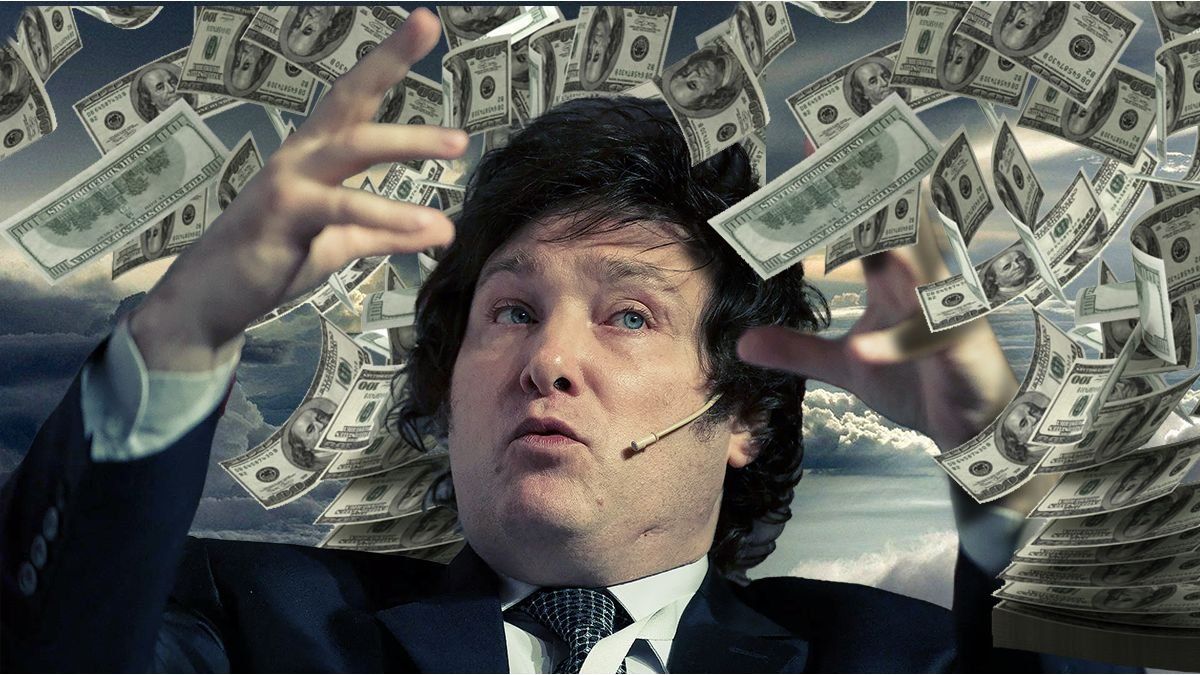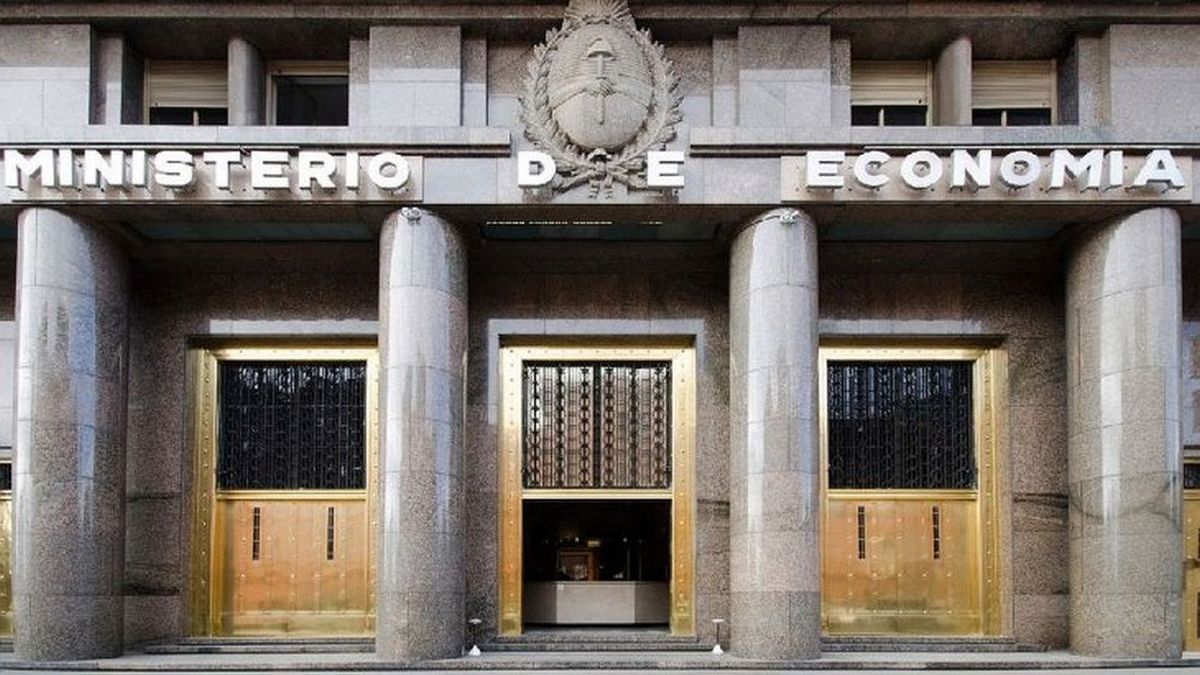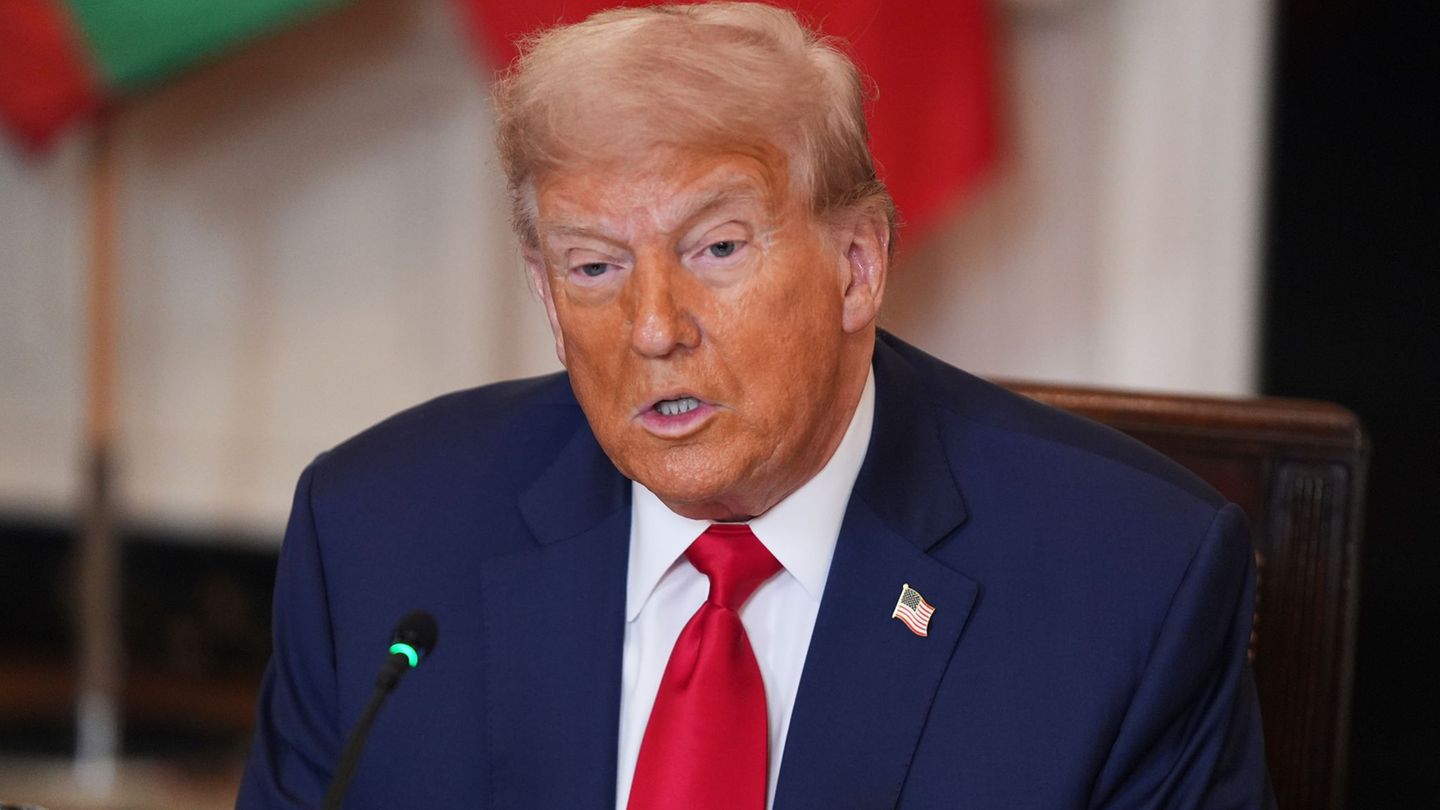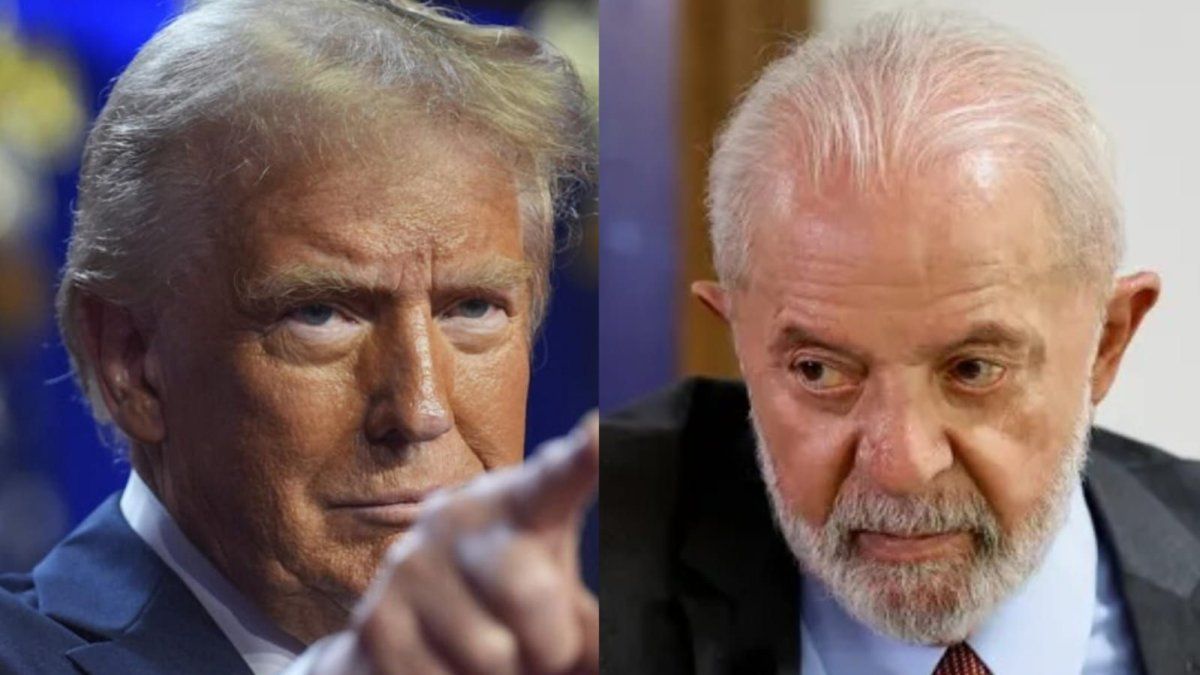Milton Friedmanan influential character in the economic sphereleft an “indelible mark on the personal and political life of the possible next president of Argentina,” writes The Economist in an article in which he addresses a possible government of Javier Mileiand its flagship idea: dollarization of the Argentine economy.
Milei’s ideas “draw directly from the teachings of the most relevant free market economist of the 20th century. Milei’s convictions about the minimum size of the State and its practically non-existent economic function reflect the profound influence of Friedman on his thinking,” adds the prestigious economic newspaper.
The publication addresses one of Milei’s most controversial proposals, “clearly influenced by Friedman’s ideas“, the dollarization of the Argentine economy. This measure would imply replacing the Argentine peso for the US dollar and eliminate the Argentine Central Bank, which Milei describes as “the worst in the universe“.
However, the newspaper refers to some consequences of what it means to “dollarize” the economy, something that other local economists have already undertaken. “When one country chooses to anchor its economy to another’s currency, gives up the ability to define its monetary policysince this will become the responsibility of the US Federal Reserve,” warns The Economist. Although this could provide “some stability and predictability”, especially in a volatile economy like Argentina’s, “it also entails significant risks. Argentina has had a tumultuous economic history, and ceding control over interest rates to a foreign entity could create additional difficulties.“.
Milei, The Economist and dollarization
The column highlights that “the majority of Argentines already use the dollar in many of their daily transactions”; Therefore, making its use official could eliminate “the need for conversions between dollars and pesos”; which could simplify transactions. Furthermore, “dollarization would guarantee that changes in the Argentine economy do not affect the dollar exchange rate, which It is the most traded currency in the worldwhich could potentially stabilize the market, as happened in Ecuador after its dollarization in 2000,” warns the London City newspaper.
However, the main attraction of dollarization “lies in its ability to prevent the Argentine government from printing more money, a fundamental criticism that Milton Friedman had towards central banks“According to the defenders of this measure, over time, the state would be forced to reduce its size and the long battle against inflation would end.
Dollarization: the “problems” of the proposal
However, there are inherent problems with this proposal, as it is based on an optimistic and unrealistic view of the ability of governments to make difficult decisions. The fact that Argentina giving up the central bank as a resource in times of crisis does not automatically guarantee that politicians will reduce their lending to safe levels. In reality, governments are often under multiple pressures, including the need to pay lenders, maintain an efficient bureaucracy, meet the demands of opposition parties and meet expectations of the voters regarding government services.
In a dollarized economythe absence of a central bank as a lender of last resort considerably increases the risk of default in the event of a crisis. Banks that could have survived with emergency liquidity would face bankruptcyand the government would not have enough dollars to guarantee citizens’ deposits, which would result in lost savings for millions of people. Furthermore, many loans could be governed by US lawwhich would complicate further restructuring negotiations of debt for the Argentine government.
Milei Pesos.jpg
Ecuadorwhich adopted dollarization, illustrates some of the challenges inherent in this policy. Although it initially managed to stabilize prices, it was unable to control the government’s fiscal deficit, which led the country to sign an agreement with the IMF in 2019. evidencing the limitations of dollarization in the management of public finances.
It is more plausible anticipate a future in which Argentina faces a crisis rather than one in which legislators make the decisions necessary to make dollarization a success. The country has grappled with overspending problems for decades, having required 22 IMF bailouts in the last 65 years. Milei’s commitment to make cuts equivalent to 15% of GDP in a public sector that represents 38% of GDP poses significant challenges in terms of implementation.
The fundamental question lies on how the Argentine government under the leadership of Milei would obtain the $40,000 million that are estimated to be necessary to carry out dollarization. Currently, the country faces difficulties in paying its existing debt, with an outstanding debt of $44,000 million and depleted dollar reserves. Milei has proposed the sale of state-owned companies and government debt to a foreign fund as a source of financing, although it is uncertain whether there will be buyers willing to participate in this company.
In any case, the next leader of Argentinayou will face a precarious financial situation, which makes “dollarization” an elusive option. More and more economists argue that the country could find itself in “insolvency,” making it more difficult to meet its obligations to creditors.
Source: Ambito
I am a 24-year-old writer and journalist who has been working in the news industry for the past two years. I write primarily about market news, so if you’re looking for insights into what’s going on in the stock market or economic indicators, you’ve come to the right place. I also dabble in writing articles on lifestyle trends and pop culture news.




